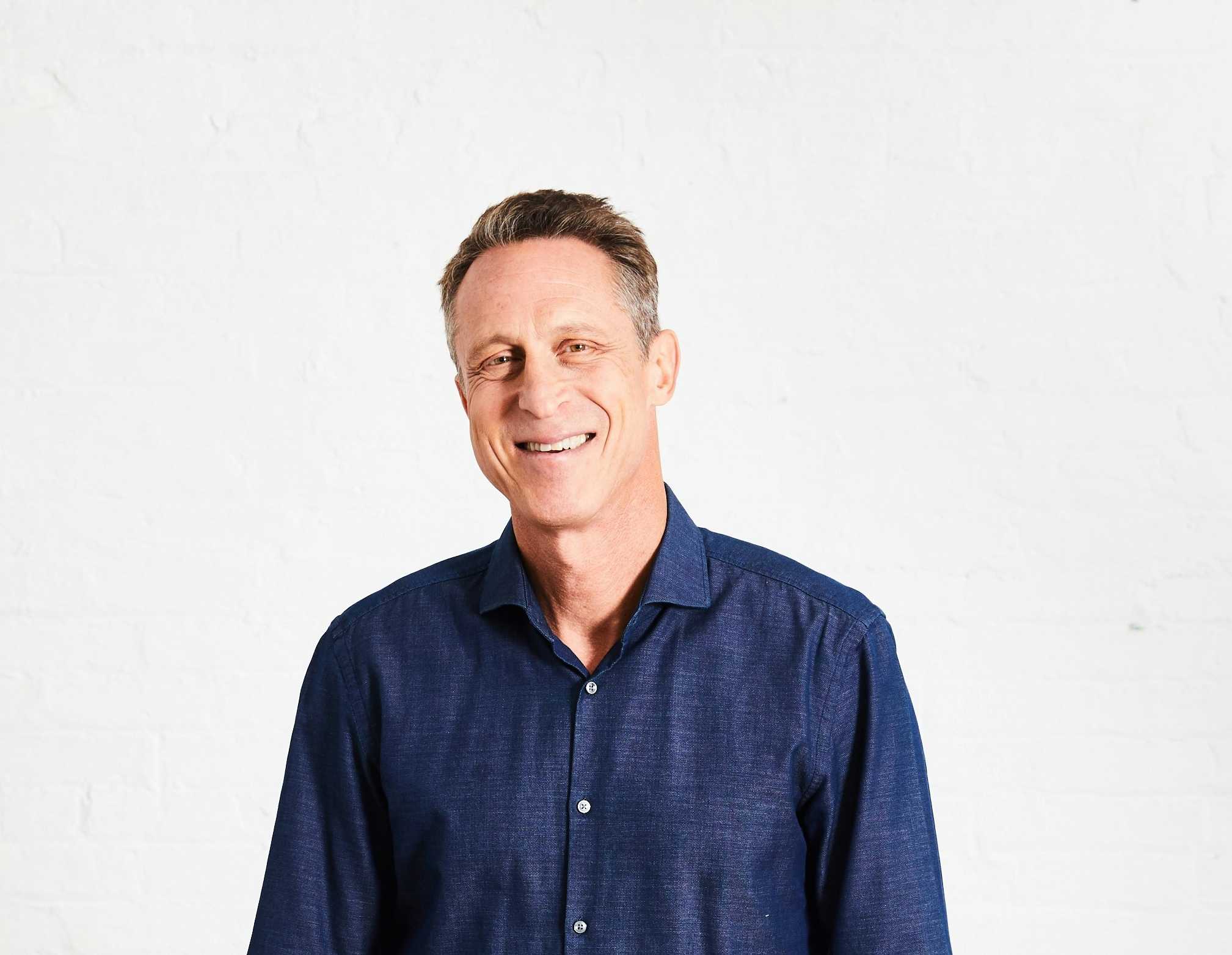
How Can We Fix Our Broken Food System?
In our modern world, many people have become disconnected from the source of their food. Unlike our distant ancestors, who hunted and foraged for their meals, or even our great-grandparents who raised their food on farms, most folks now eat out of the supermarket. Following a diet full of highly processed foods can result poor health due to chronic disease. But that is not the only consequence of a broken food system.
Ecological Effects of Crop Subsidies:
When the government subsidizes crops that are used in processed foods, agricultural companies end up growing them. And we all end up eating them. Subsidies for corn produce a lot of very cheap high-fructose corn syrup that you’ll find in nearly every package in the grocery store. Fields with a single crop are less ecologically healthy than a much more diverse ecosystem would be.
Economic Consequences of our Current Food System:
Part of the reason that the current system is so distorted is that lobbyists have had a huge say in developing policy at both the state and the federal level. That’s how we end up with the pesticide glyphosate (RoundUp) in our children’s Cheerios. Now, with consumers objecting to such practices, the companies are beginning to realize that they will need to change. In fact, General Mills has taken steps to get glyphosate out of Cheerios. What other changes should we consumers be lobbying for? How can we fix our broken food system?
How the Food System Affects our Health:
Processed foods contribute to the struggles many people are facing with obesity, diabetes and heart disease. Dr. Hyman describes how one of his patients was able to quickly and dramatically change her treatment for type 2 diabetes simply by altering her diet. What did she do? How can we follow suit?
This Week’s Guests:
Dr. Mark Hyman is the founder and director of the UltraWellness Center, the Head of Strategy and Innovation of the Cleveland Clinic for Functional Medicine, and Board President for Clinical Affairs for the Institute for Functional Medicine. His previous books include: Food: What the Heck Should I Eat?; Eat Fat,Get Thin; and The Blood Sugar Solution. His most recent book is Food Fix: How to Save Our Health, Our Economy, Our Communities, and Our Planet – One Bite at a Time. His website is https://drhyman.com
Dr. Hyman’s photograph is copyright Nicole Franzen, 2019.
Listen to the Podcast:
The podcast of this program will be available the Monday after the broadcast date. The show can be streamed online from this site and podcasts can be downloaded for free. CDs may be purchased at any time after broadcast for $9.99.

